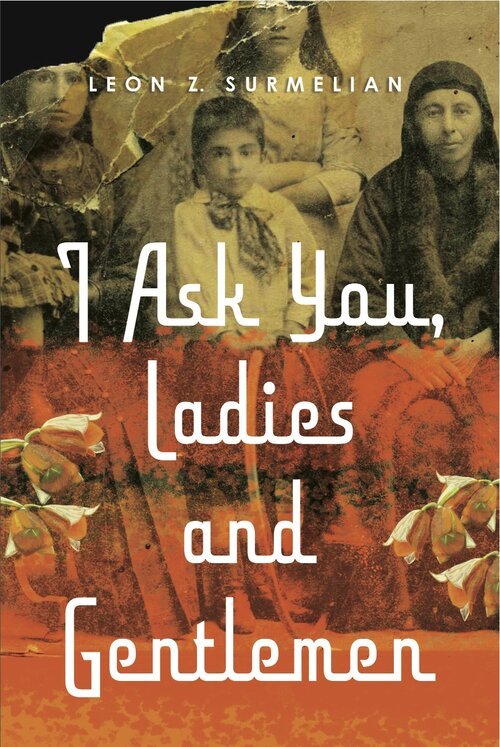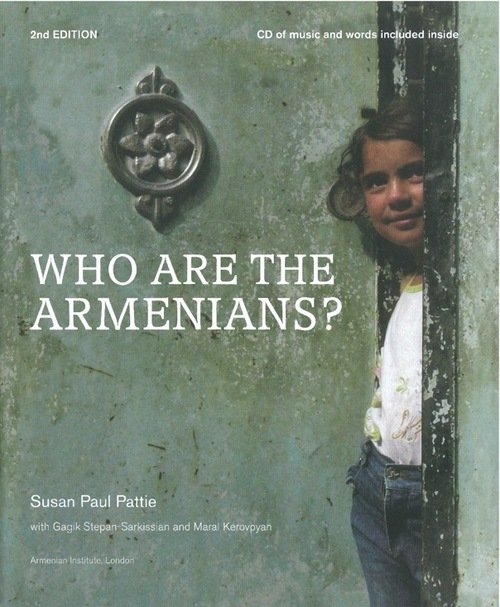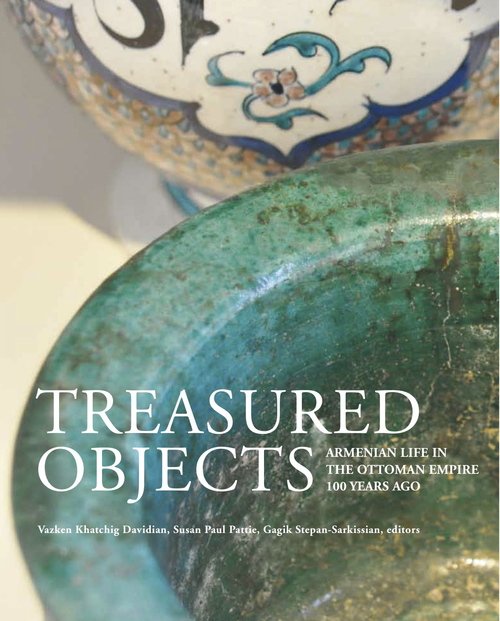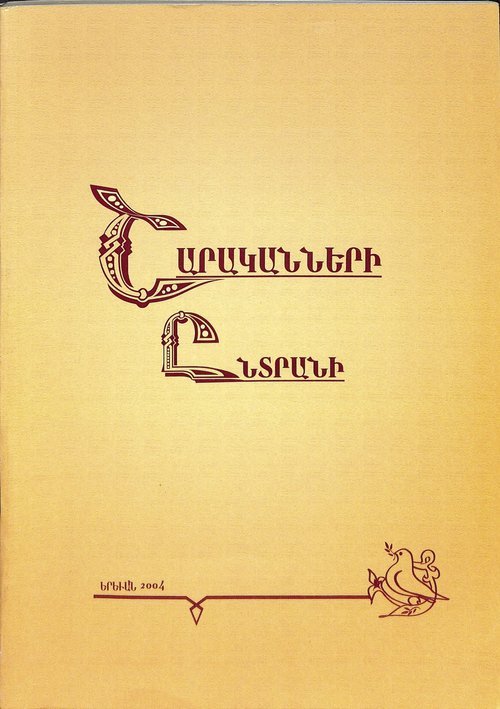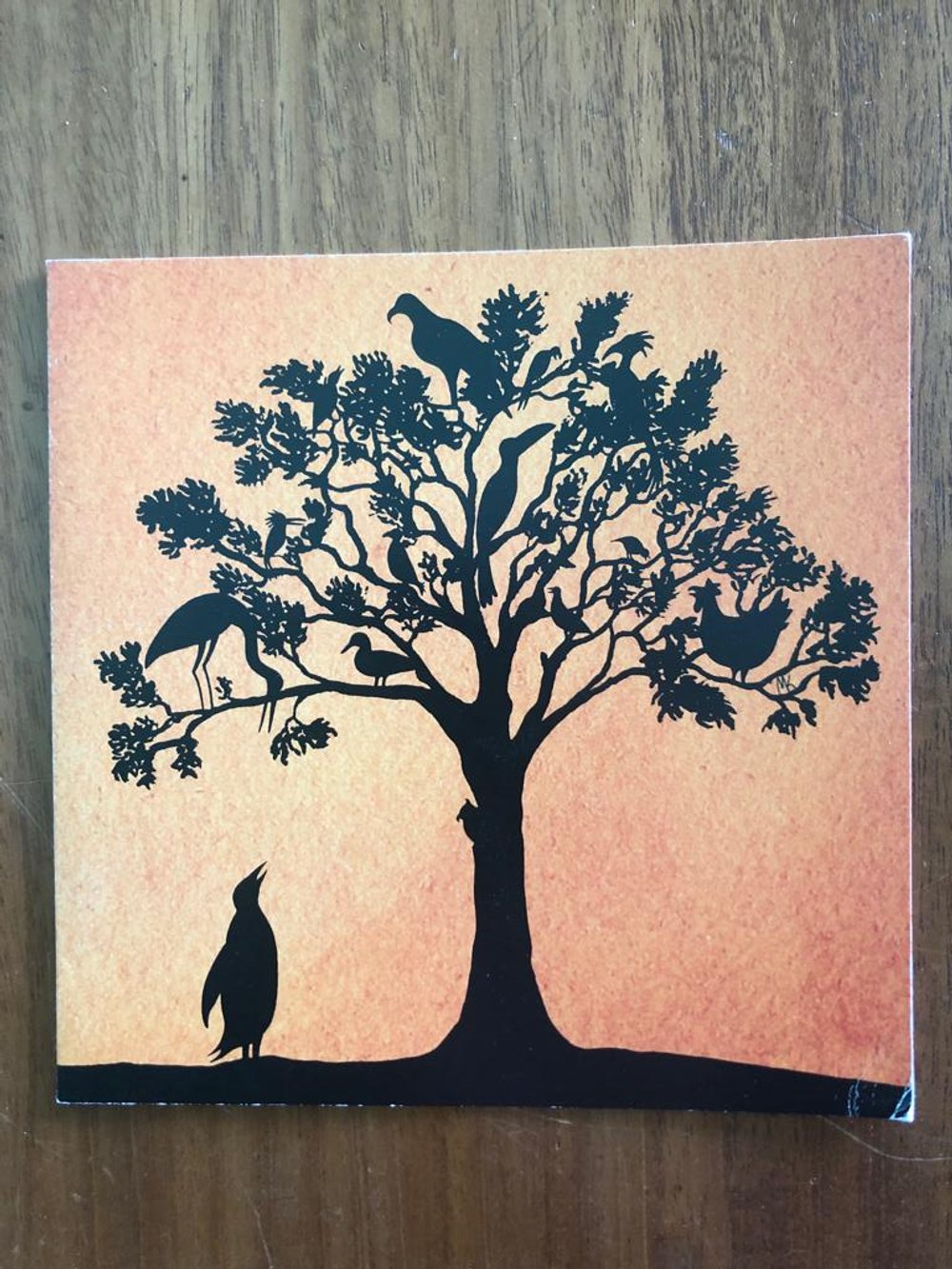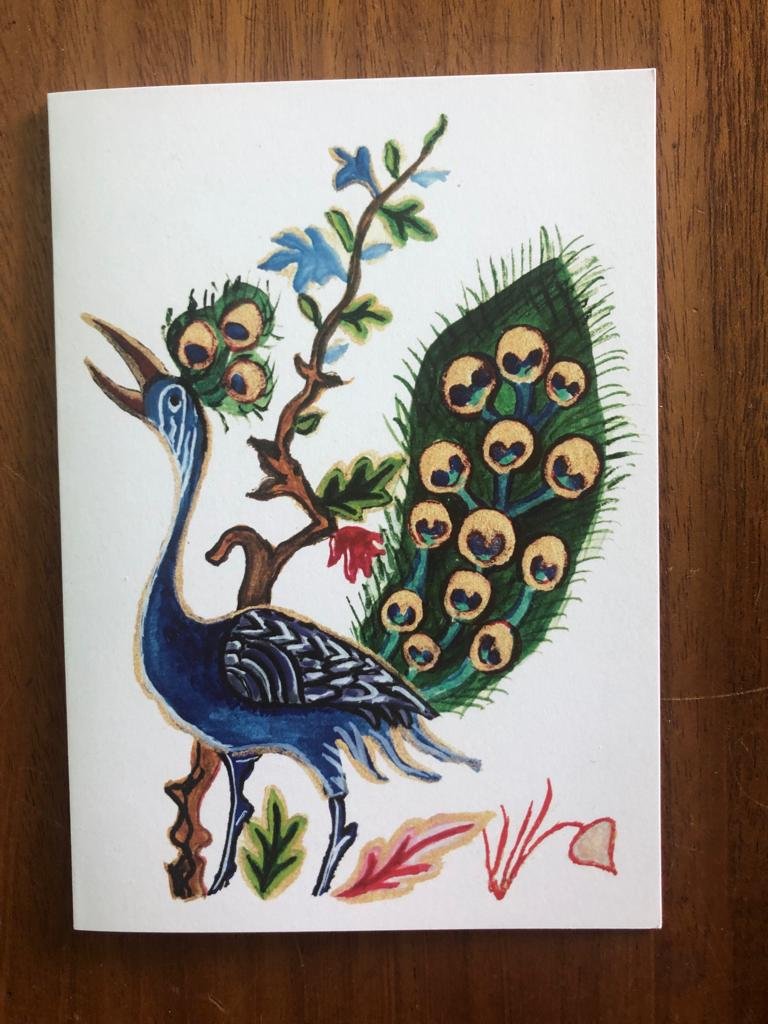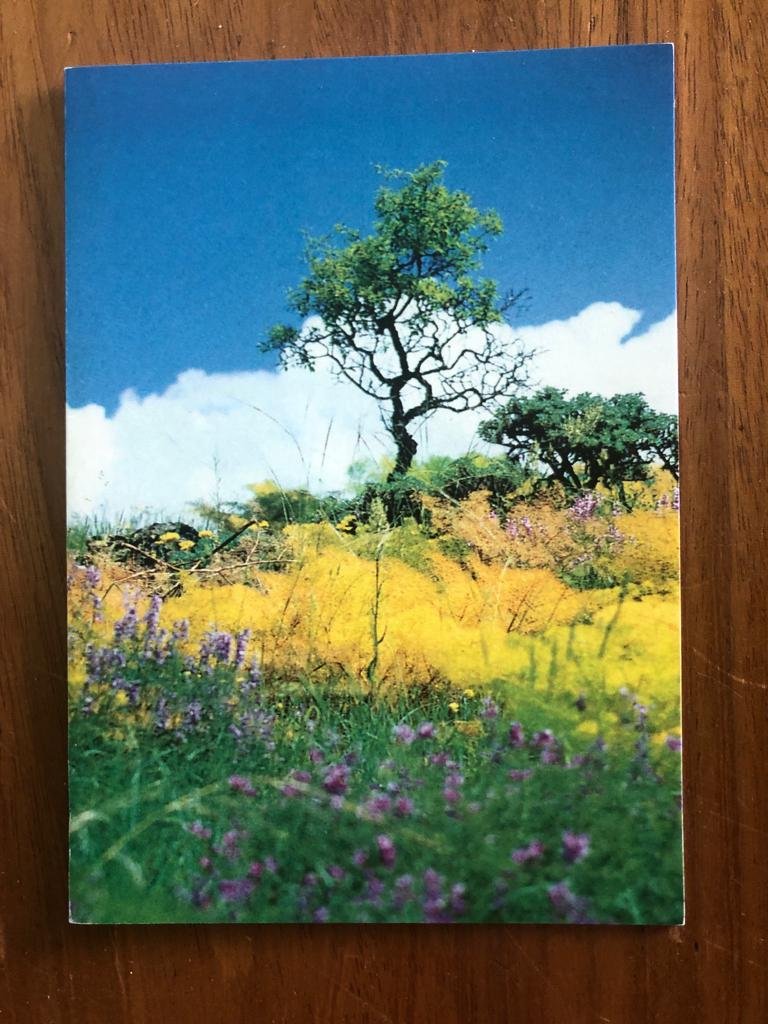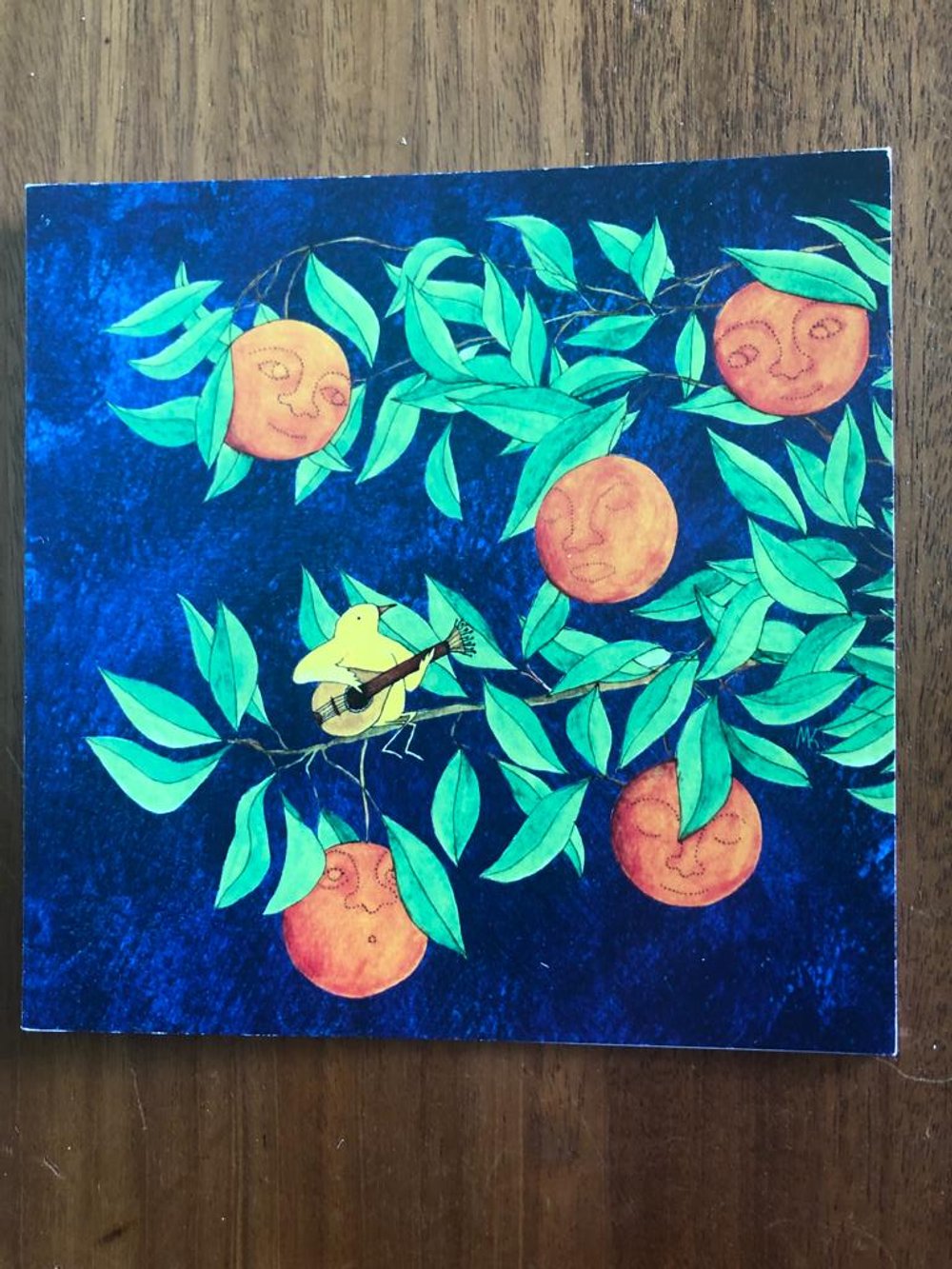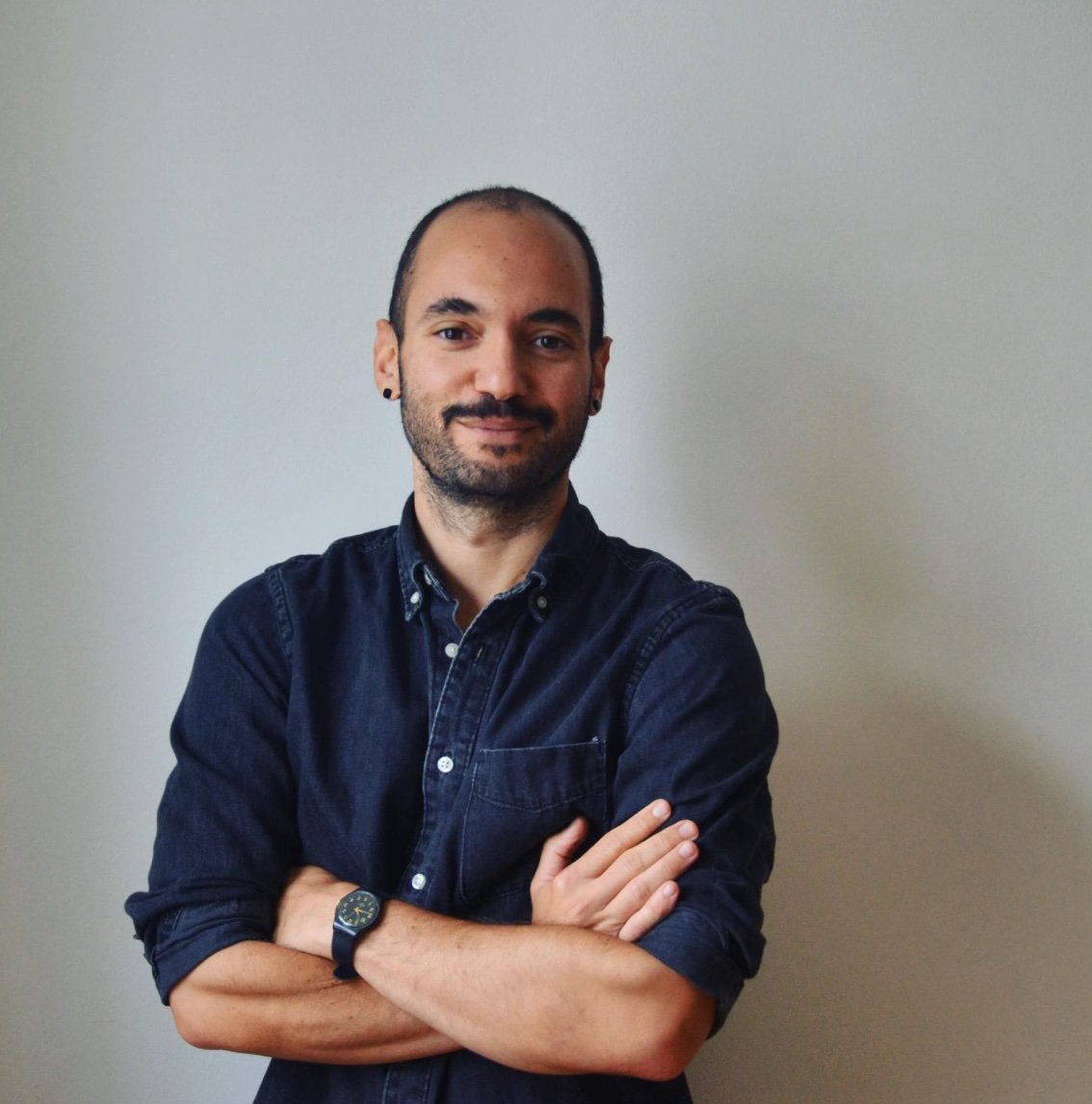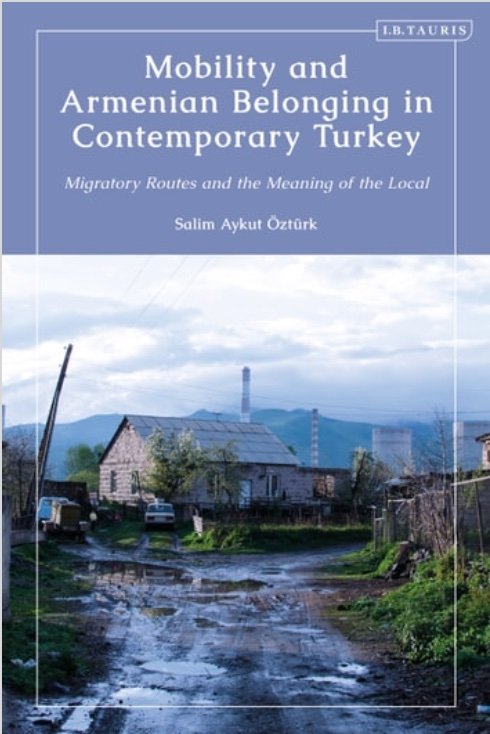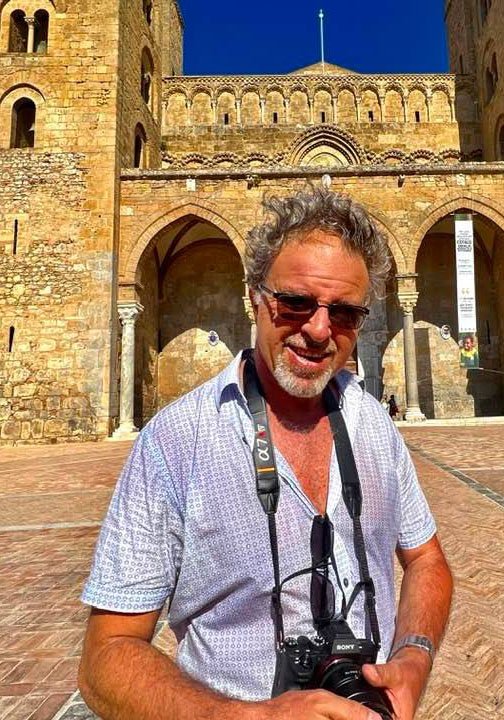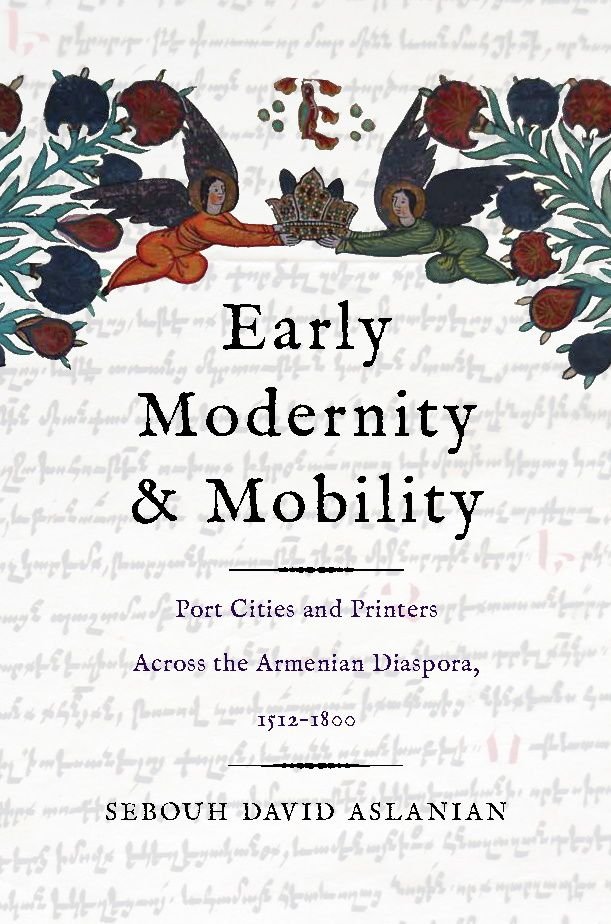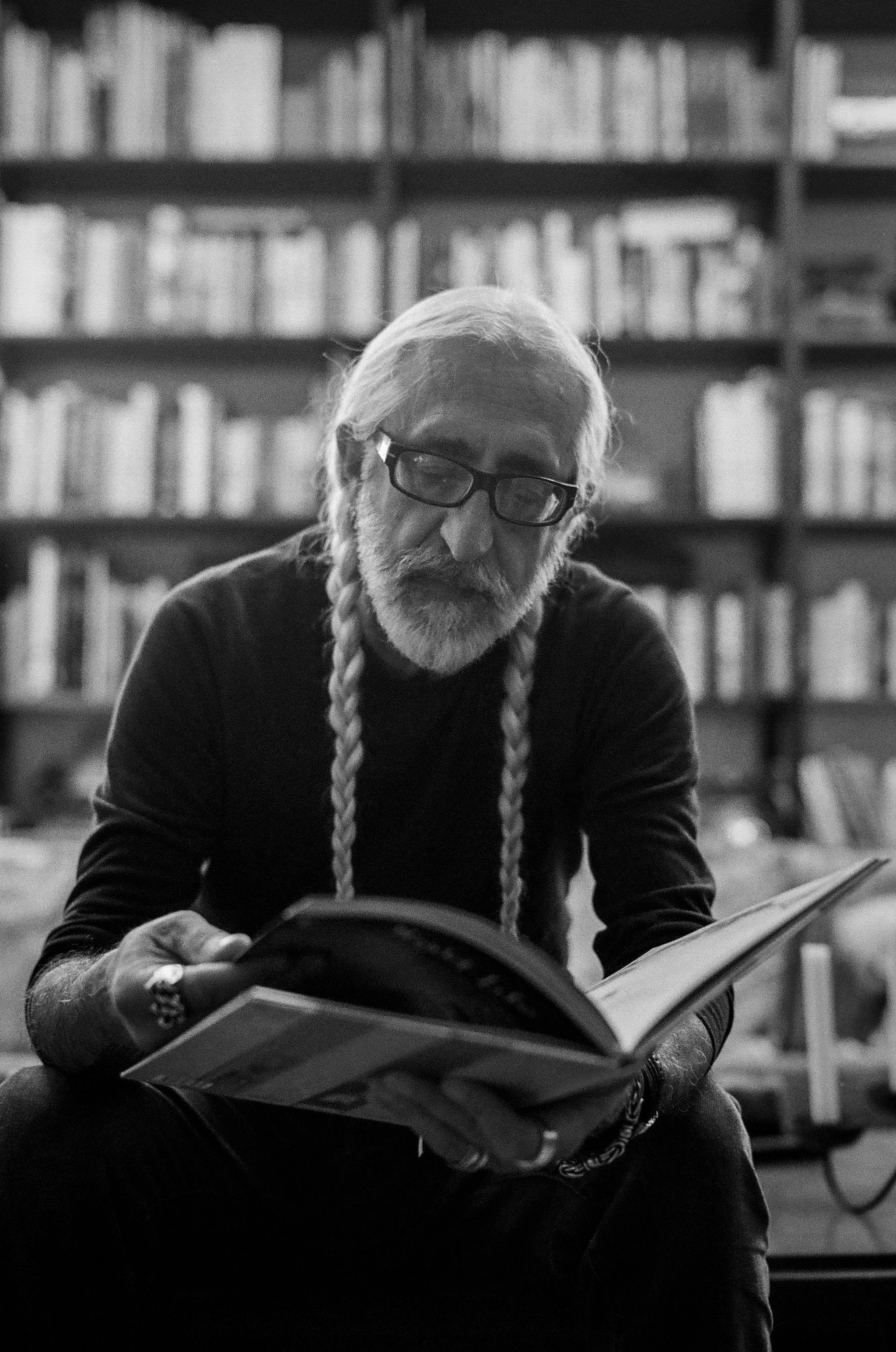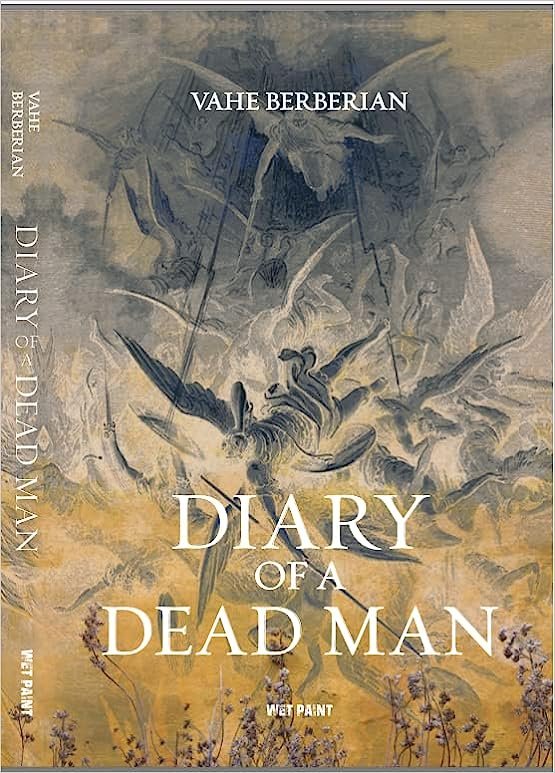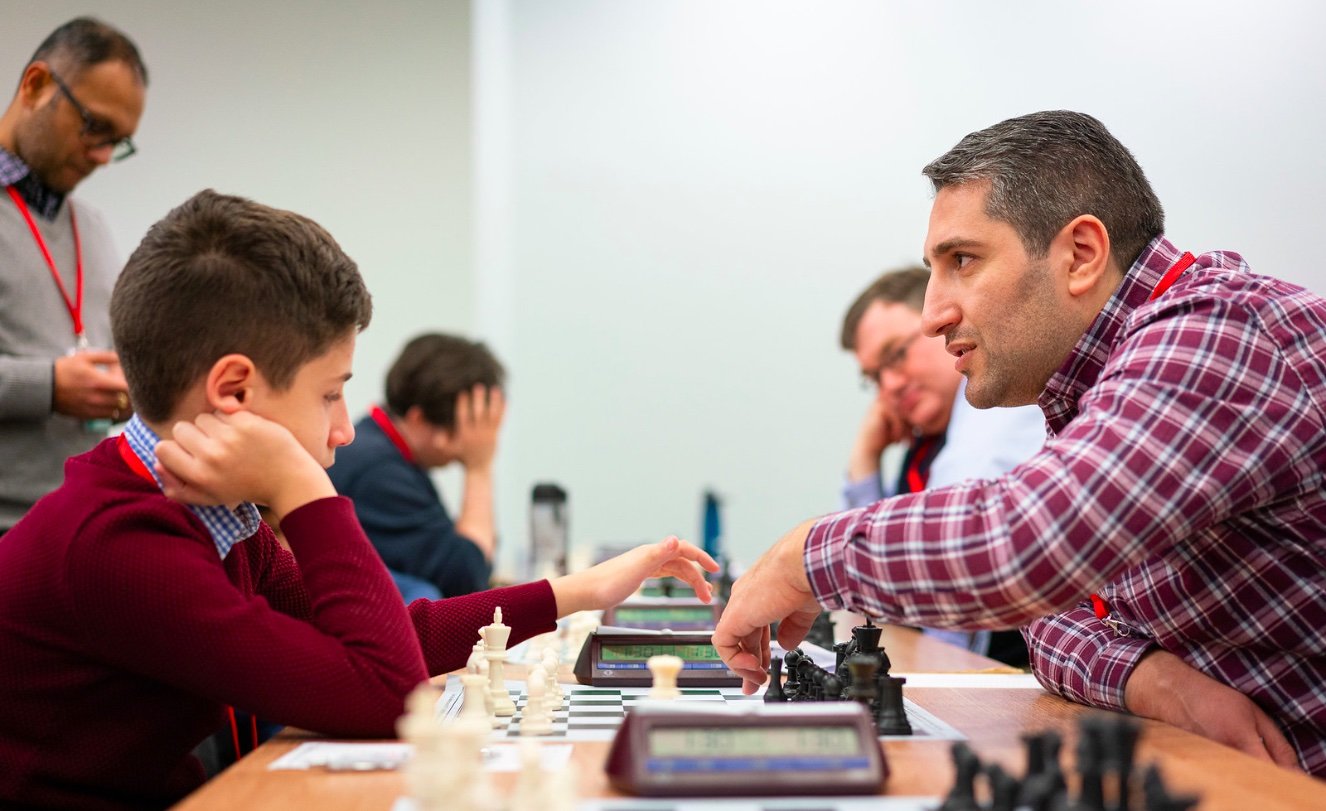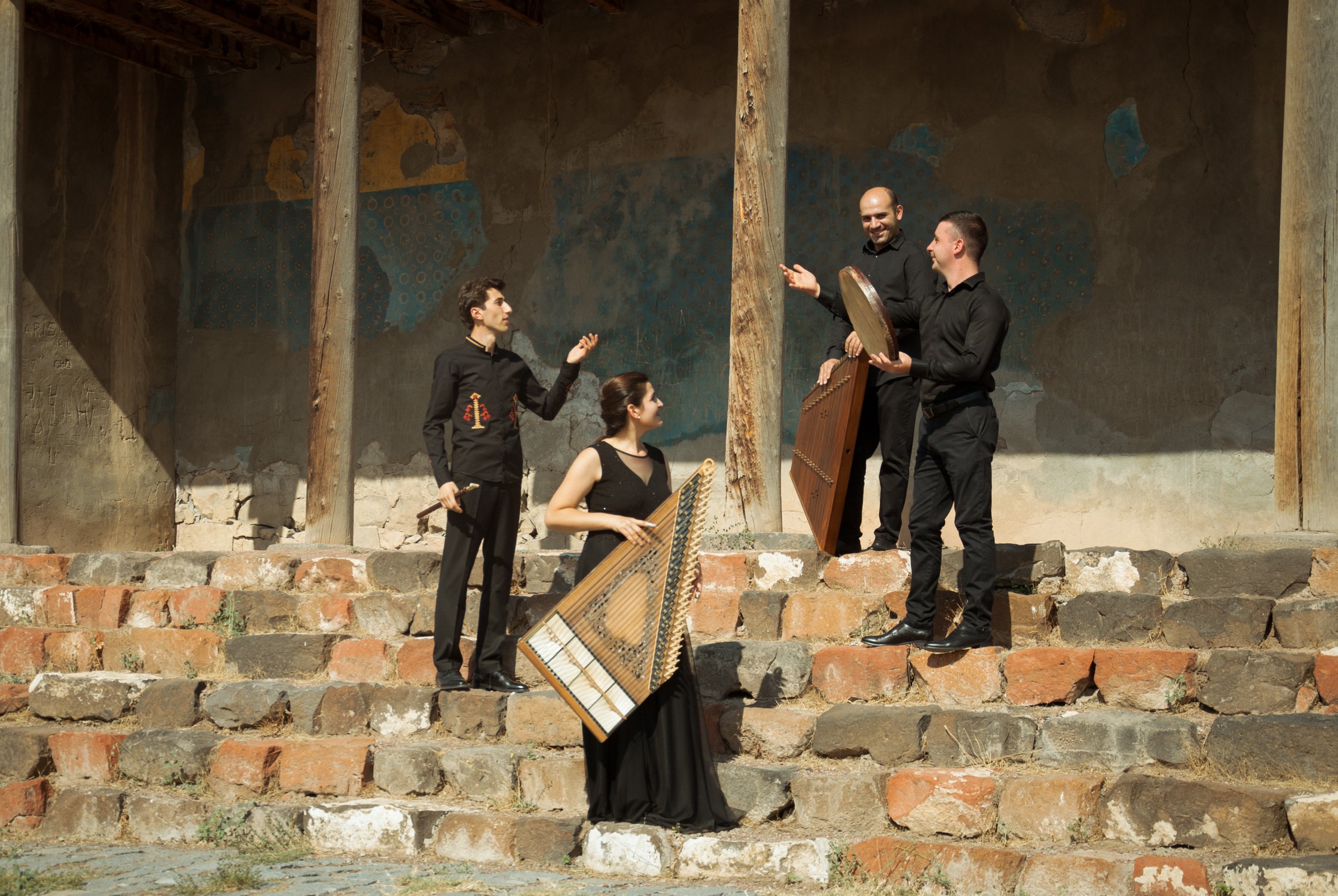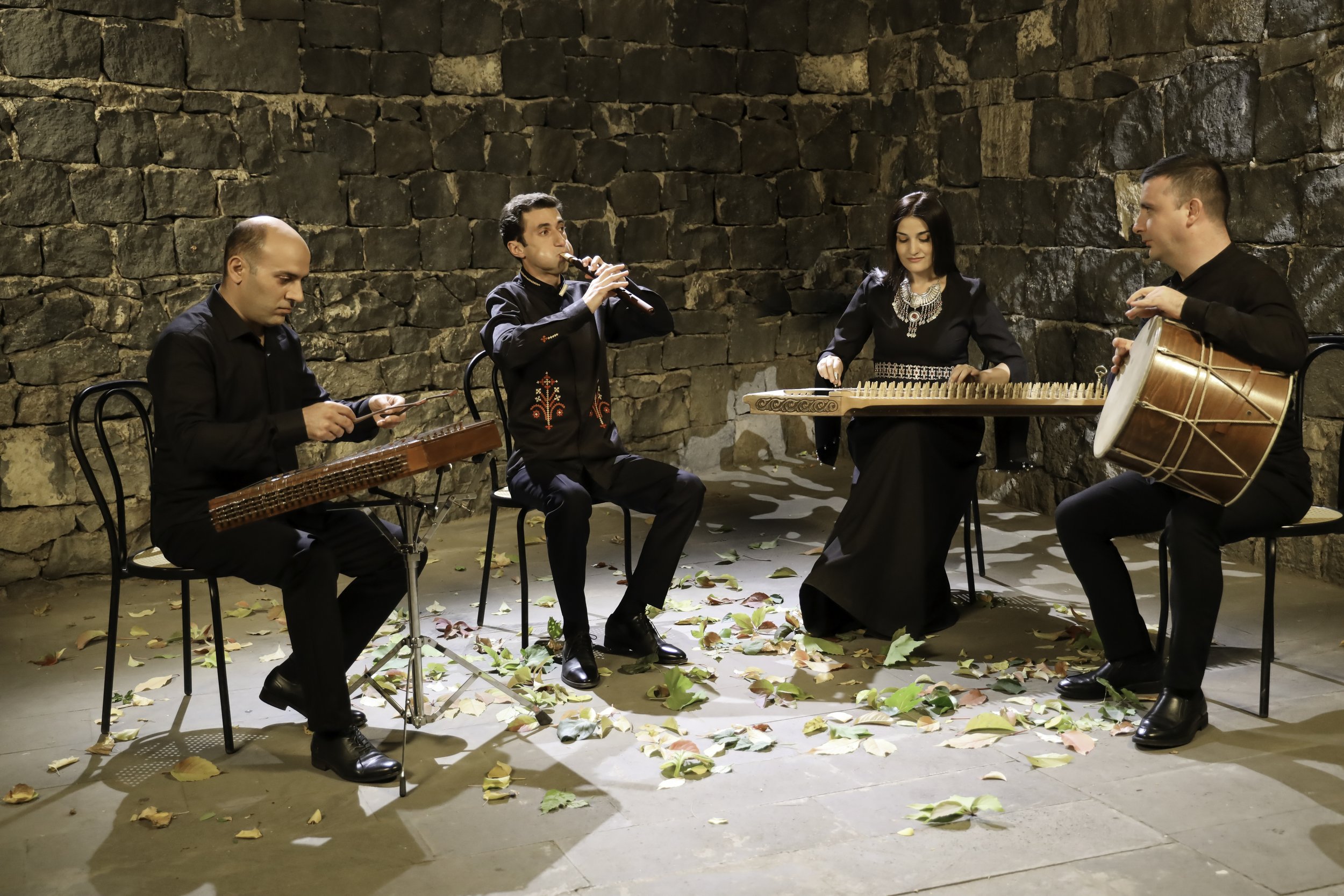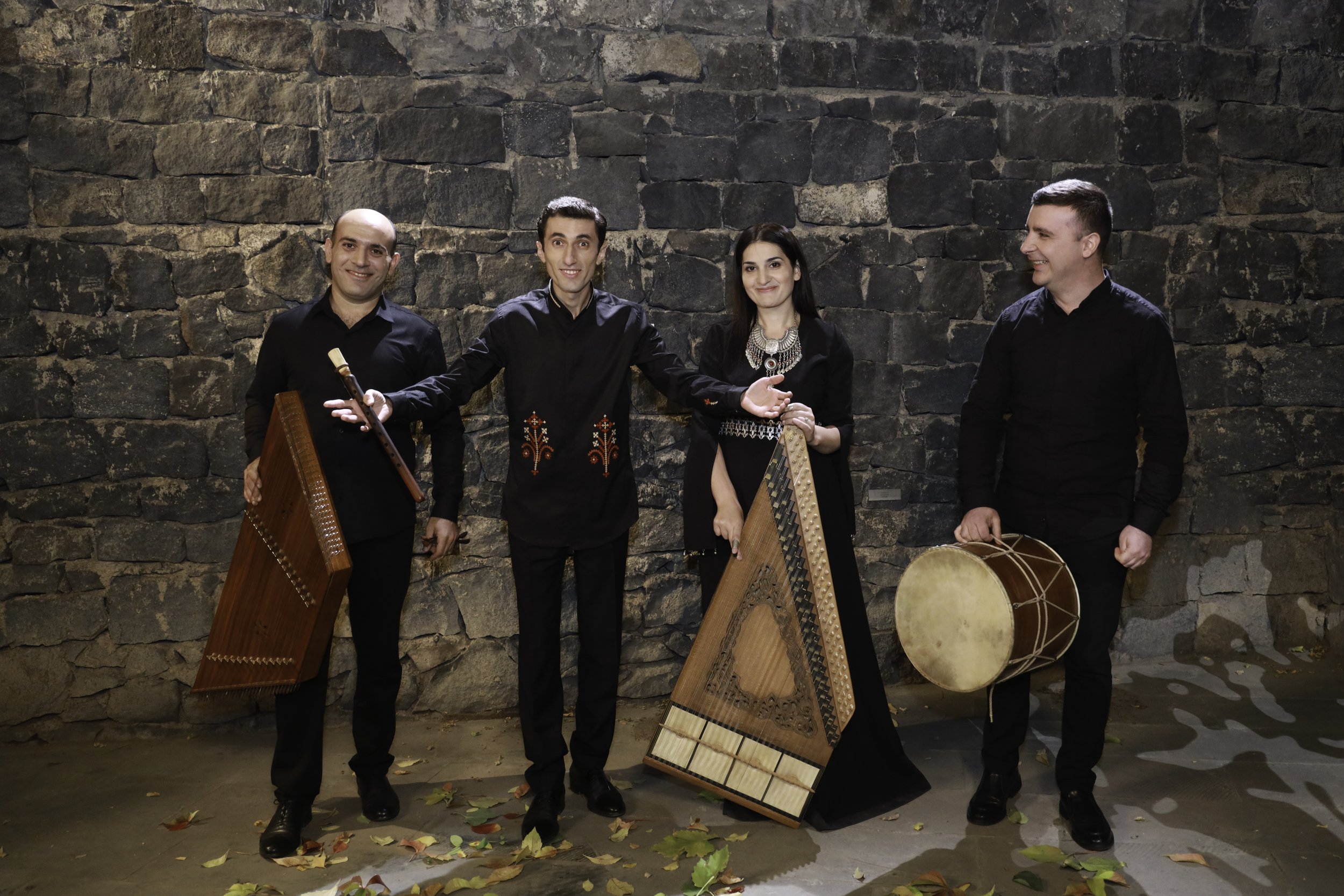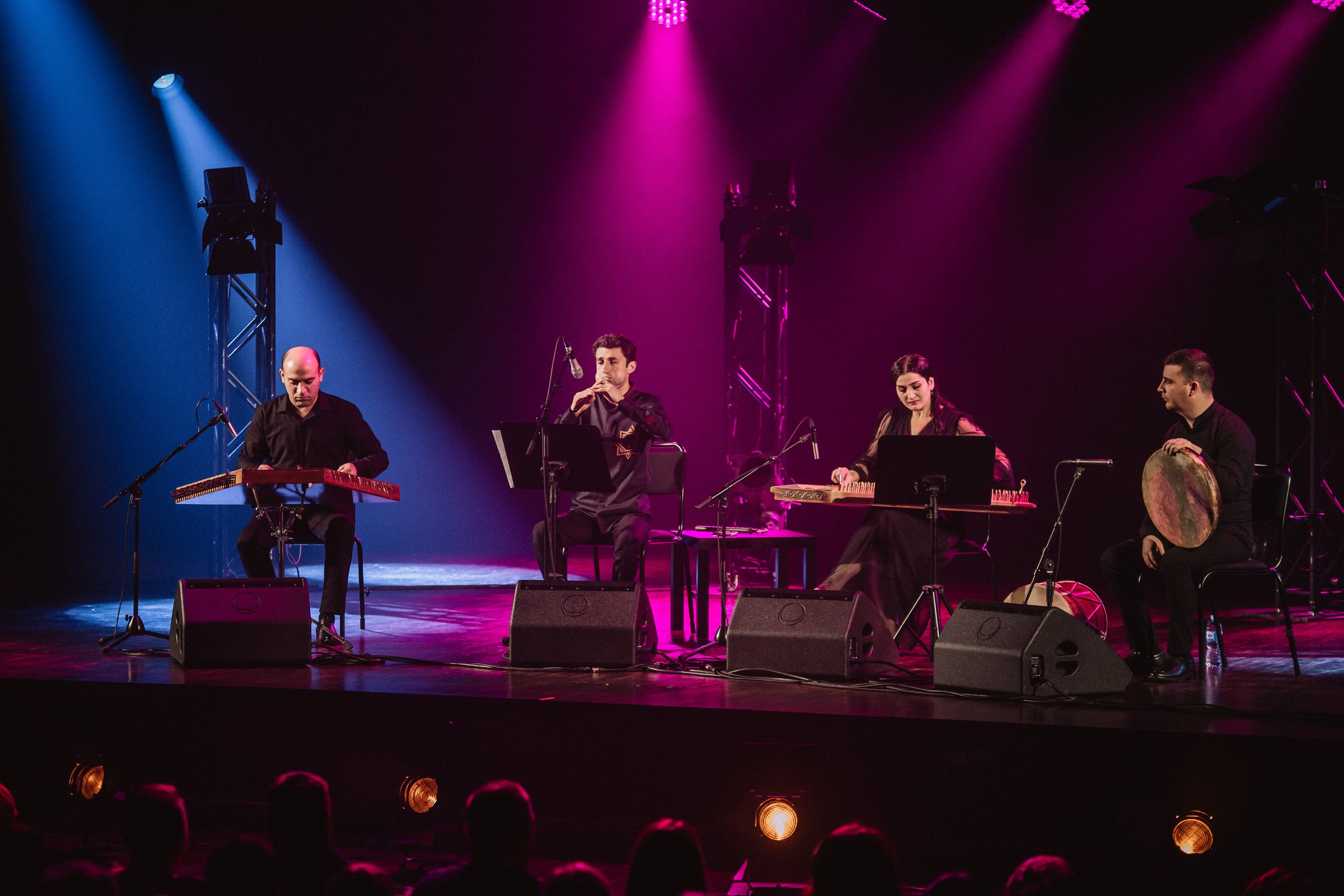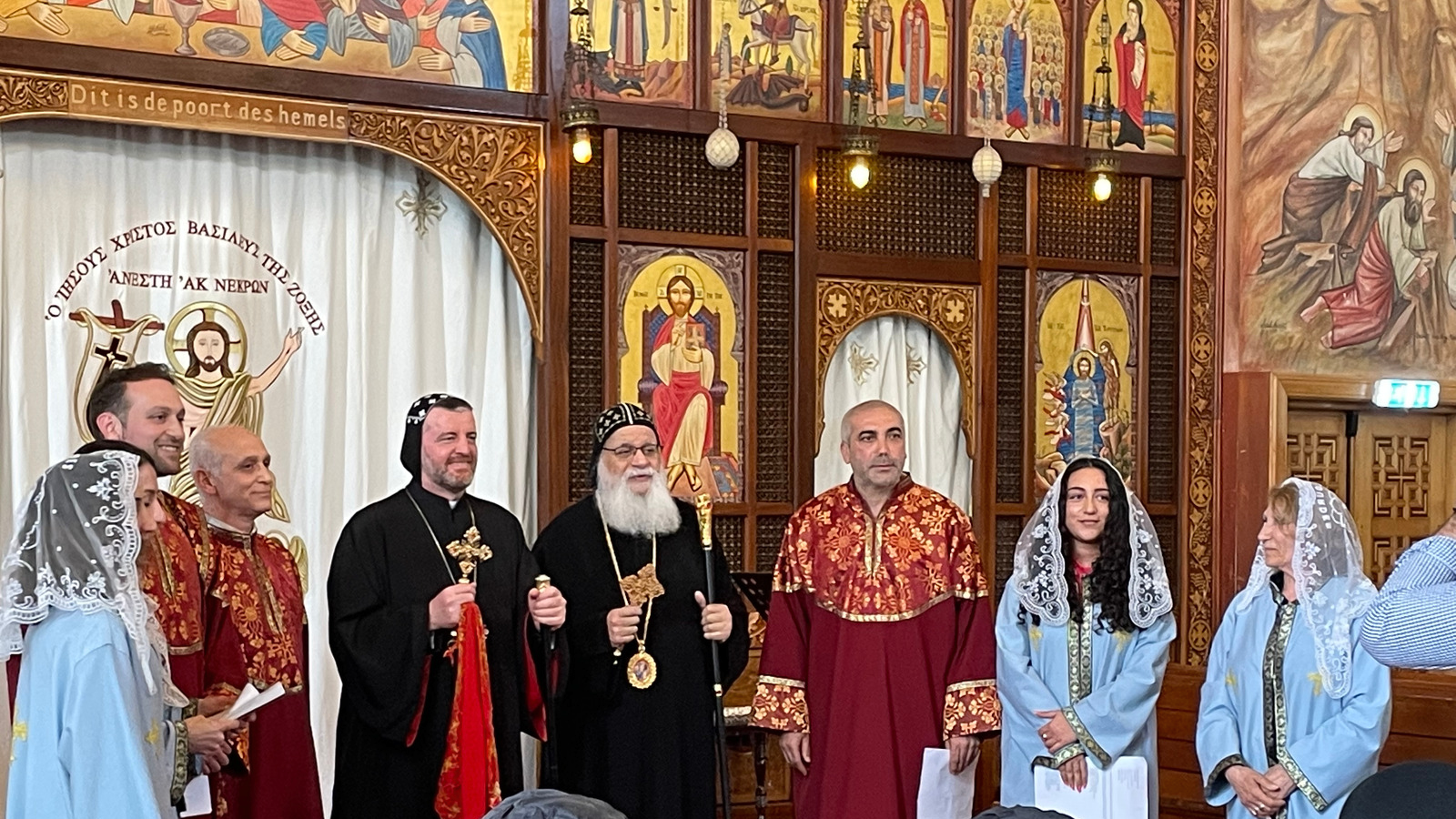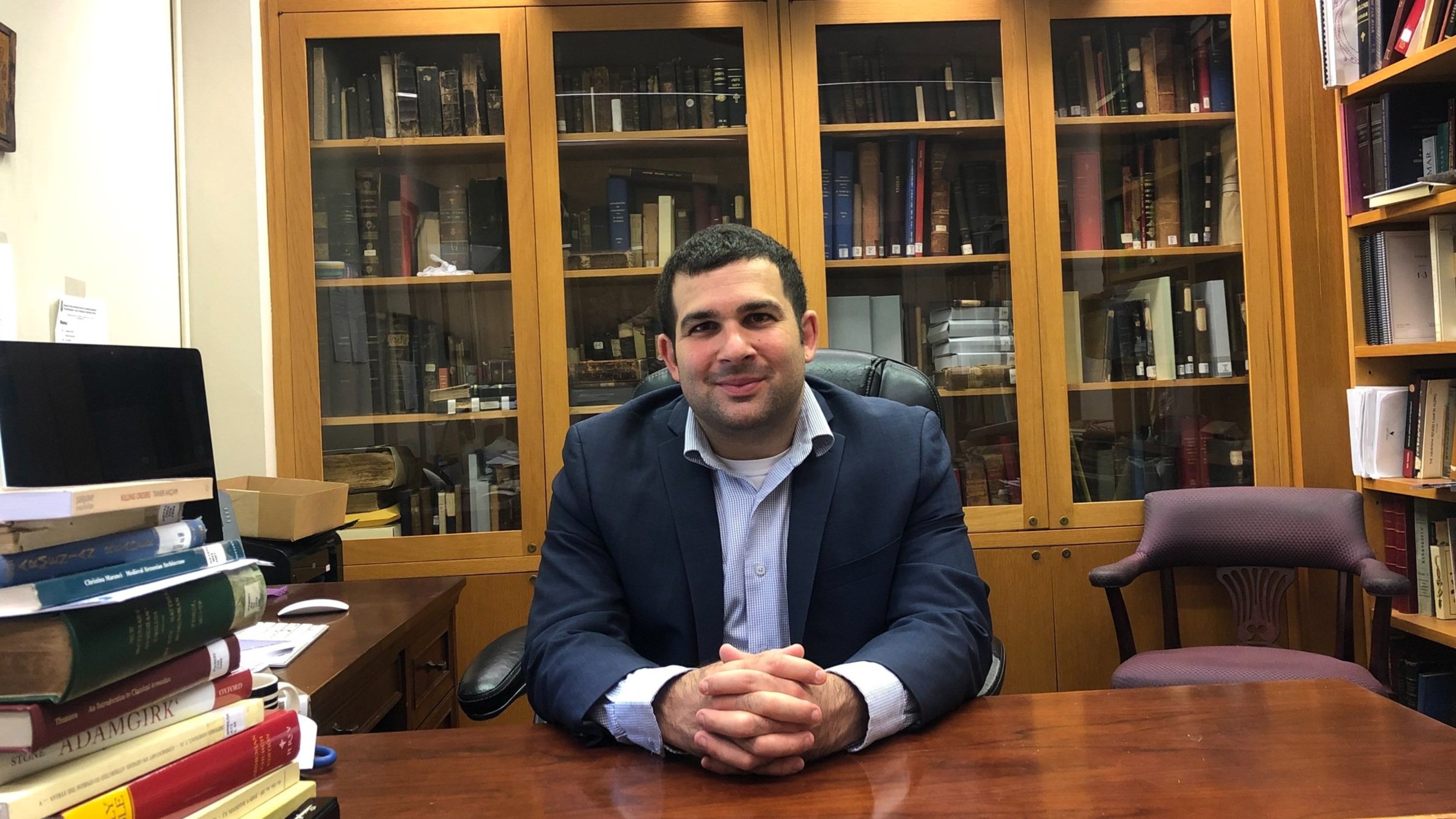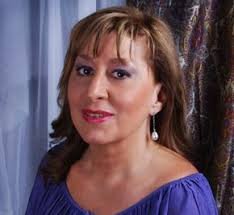Arshak Sarkissian, How To Be Not Perfect
Film preview and conversation between Nouritza Matossian and Artist Arshak Sarkissian
We are delighted to welcome artist Arshak Sarkissian to the Armenian Institute once again, giving us a sneak preview of the documentary Arshak Sarkissian, How To Be Not Perfect. The short film, not yet on public release, has garnered 40 prizes in international festivals. Arshak stands in his Yerevan studio painting a canvas for five hours from start to finish, listening to the music of his friend and mentor, composer Rolf Gehlhaar. He was filmed by the distinguished cinematographer, Vahagn Der Hagopian and film maker/camera man, David Sarkissian, collaborators of the world-famous Artavazd Peleshian.
This ravishing work gives a thrillingly concentrated insight into the brushwork, rhythms, and near-dance movements of one of Armenia’s most exciting artists at work. His last solo show in Italy received rave reviews in the national press.
Nouritza Matossian, the writer who first introduced him to London, will continue her ongoing dialogue with Arshak on the filming and his latest work. She writes:
“Arshak is a virtuoso of the unconscious. He can make the unreal seem ordinary and the ordinary seem unreal. He watches with a keen impartial eye dipping in and out of the material world. He draws his people, often glaring at us with a baleful eye, groups them as if on stage, in lines or cavorting around each other fully conscious.
Curator Dominique Lora writes in the Repubblica newspaper, “Arshak Sarkissian, born in 1981, an Armenian artist, is an emerging figure in contemporary art. He lives and works between Yerevan and London. The artist is an emblematic son of his era since he experienced the end of the Soviet empire and the complex transition that resulted from it.”
Arshak Sarkissian, born in Gyumri, Armenia, is part of a family of highly regarded artists. Educated at the National Aesthetic Center of Art in Yerevan and the Cyprus College of Art, Sarkissian has shown his work in solo and group exhibitions around the world, including the U.S., U.K., Russia, Cyprus, Germany and Armenia. His work is included in public collections such as the Modern Art Museum in Yerevan and the Vatican Museum. He continues to work in his Yerevan studio.
Nouritza Matossian is a writer, performer and human rights activist with documentary films to her credit including award-winning Hrant Dink, Heart of Two Nations. Her biographies of composer Iannis Xenakis and artist Arshile Gorky were filmed by the BBC TV and Atom Egoyan's award winning movie Ararat respectively. Nouritza was a consultant on the film whose female lead Ani was based on her. She has performed her own monodrama on Gorky to audiences internationally. She is a founder member and organizer of activities of the Armenian Institute and is a former Director.
This evening will be in-person only. Tickets at the door are £5. To secure a spot please email info@armenianinstitute.org.uk as spaces are limited.
We regret that the lift at the Armenian Institute is currently out of order. As we are on the 2nd floor, this makes it difficult for some visitors and we apologise for this.















